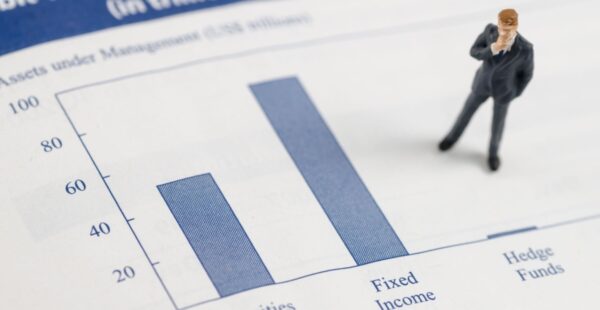Investors advised to worry less about potential US Fed taper

Investors have been advised to worry less about central bank actions affecting equity markets and to remain invested in high-quality companies that sustainably grow cashflows, according to Quay Global Investors’ latest Investment Perspectives.
This comes after global vaccination rates have been increasing and economies appear to be stabilising, with economic output close to pre-pandemic levels and visible signs of inflation and wage pressure.
This has led investors and commentators to observe the US Federal Reserve and keep a watchful eye on any changes made to current monetary policy, including the quantitative easing program (QE) and the possibility that monthly asset purchases (currently U$120 billion) will begin to slow or ‘taper’.
Quay Global Investors’ analysis highlighted the source of anxieties over the next central bank move to be the bad experiences of investors from previous times the US Fed tapered, especially since the global financial crisis of 2008/2009.
“The US has now enacted various forms of QE over the past 12 years – and not unlike the Japanese experience (now 20 years of QE), the data suggests worrying about central bank policy and actions is not productive for long-term investors,” Quay said in its analysis.
“That’s not to say equity markets are not overvalued; but if they are, it has more to do with animal spirits than the Fed.
“Based on historic performance, the idea that we should worry about any taper carries very little historic weight. Moreover, for investors not concerned with short-term performance, the best strategy post-GFC was to ignore the taper/QE noise entirely and simply stay invested.”
Quay’s analysis also showed listed real estate was not historically immune to volatility caused by QE announcements, but it said “long-term investors in global real estate that ignored the noise were rewarded over time”.
In its analysis, Quay also debunked several worries of investors about the influence of central banks on equity markets valuations post-financial crisis, which is “minimal at best”.
“Central bank asset purchases are nothing more than an asset swap, where central banks buy low risk assets (government bonds) in exchange for low risk cash,” Quay’s analysis said.
“Zero net financial assets are added to the private sector via this process… So the idea that QE is ‘money printing’ is very deceptive, and borderline false.”
Quay’s analysis also said there is very little evidence of QE suppressing interest rates, but rather it elevates interest rates higher than normal.











When the experience exemption was proposed, FAAA lobbied very hard for a 10 year sunset clause. Which was actually quite…
Maybe if they showed they actually care & supported their existing members better. I reported last year case of being…
"They need to ditch the “grandfathered” CFPs which totally undermine the value of the CFP designation." I said this years…
FAAA only has about half of the practising adviser population as members. (They also have lots of miscellaneous hangers on…
Anyone entering this profession to do the Professional Year would clearly lack the intelligence to gauge the probable risk/return of…